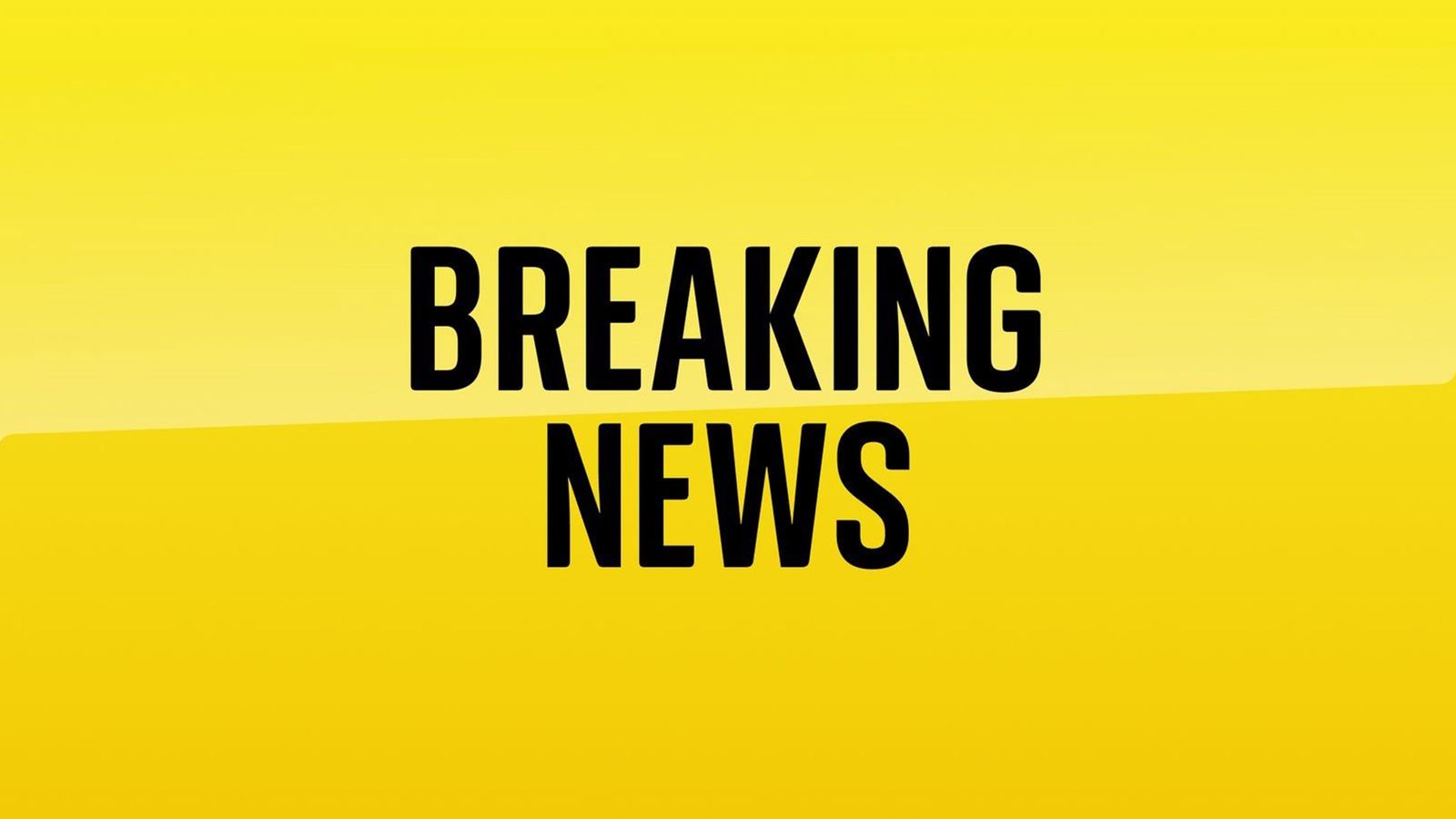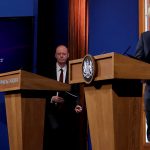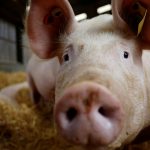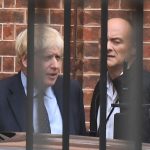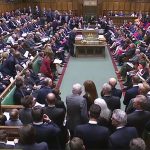As Chancellor Kwasi Kwarteng delivers his mini-budget statement to MPs, here’s the key points:
Mr Kwarteng began his remarks by telling the Commons that energy costs were taking a big toll: “People need to know that help is coming”.
• Household bills to be cut by an expected £1,400 this year with aid from energy price guarantee and £400 grant.
Millions of the most vulnerable households will receive additional payments, taking their total savings this year to £2,200.
• Total cost of energy package, including business support, over next six months estimated at £60bn. It is “entirely appropriate for the government to use our borrowing powers to fund temporary measures to support families and businesses”.
• Independent forecasters expect the government’s energy plan “will reduce peak inflation by around five percentage points”.
• Bank of England independence is “sacrosanct”.
Rishi Sunak’s ‘optimistic’ budget: What’s the reality?
Autumn Budget: Former Tory education secretary urges chancellor to lower earning threshold for student loan repayments
Government spending plans ‘don’t add up’ to climate ambitions, WWF warns
• Government to set out its fiscal approach more fully in future and the Office for Budget Responsibility will publish an economic and fiscal forecast before the end of the year.
• Will legislate to require trade unions to put pay offers to a member vote so strikes can only be called once negotiations have fully broken down.
• To cut taxes for businesses in designated sites for 10 years to support investment, jobs and growth.
• The cap on bankers’ bonuses is to be lifted as part of efforts to “reaffirm” the UK’s status as a financial services hub.
• Government will “accelerate reforms” to the pension charge cap so it will no longer apply to “well-designed performance fees”.
• A list of infrastructure projects that will be prioritised for acceleration, in sectors like transport, energy and telecoms”.
• Planned rise in corporation tax to 25% next year is cancelled. “We will have the lowest rate of corporation tax in the G20. This will plough almost £19 billion a year back into the economy”, Mr Kwarteng said.
• Introducing VAT-free shopping for overseas visitors.
• Planned duty rises on beer, wine and spirits cancelled
